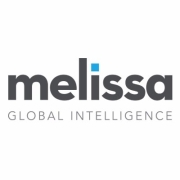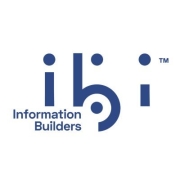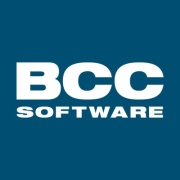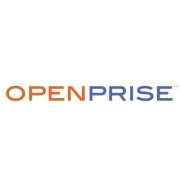Data Quality solutions ensure accurate, consistent, and reliable data. They monitor, cleanse, and enhance information, allowing organizations to make informed decisions, improve business processes, and increase operational efficiency.
Data Quality solutions provide tools to identify discrepancies in datasets, facilitate their correction, and enhance trust in data-driven decisions. They employ advanced algorithms and machine learning models to profile and cleanse data, providing a detailed analysis that enables users to understand both the root causes of data quality issues and actionable insights for resolution. Effective Data Quality management requires a comprehensive approach, combining technology, policy-making, and change management.
What are the critical features of these solutions?Data Quality solutions are essential in industries such as finance, healthcare, and retail, where precise data is essential for compliance, patient safety, and customer satisfaction. Financial firms use these solutions to detect fraud, healthcare organizations to maintain patients' records accurately, and retailers to optimize supply chain management.
Organizations benefit from Data Quality solutions as they help maintain trustworthy data, supporting business growth and risk mitigation.


















































Data Quality tools allow you to ensure your business decisions are based on accurate, complete, and timely data. By cleaning and normalizing your datasets, these tools eliminate errors and inconsistencies that could otherwise lead to misguided strategies. High-quality data enhances predictive modeling and allows you to trust the insights derived from your data analytics. This can lead to more effective marketing campaigns, improved customer satisfaction, and optimized operations.
What are the common challenges faced in Data Quality management?Managing Data Quality involves several challenges including data silos, where important information is trapped in isolated systems, leading to duplicates and inconsistency. You also face the issue of data decay, where data becomes outdated rapidly. Maintaining data consistency across various departments and ensuring data completeness without gaps are also common obstacles. Addressing these challenges requires establishing robust Data Quality frameworks, regular data auditing, and using Data Quality tools that automate cleansing.
What role does Data Profiling play in Data Quality?Data Profiling is a crucial process where you analyze and assess your datasets to understand their structure, value, and quality. It helps identify issues such as null values, anomalies, and duplication early in the data processing pipeline. By gaining insights into the current state of your data, you can implement targeted measures to improve Data Quality, such as setting validation rules and correcting errors before data is utilized for decision-making.
Why is real-time Data Quality integration important?Real-time Data Quality integration allows you to instantly verify and cleanse data as it flows into your systems, ensuring that decisions based on that data are timely and accurate. In fast-paced industries, this provides a competitive edge by enabling you to respond quickly to market changes and customer interactions while maintaining high Data Quality standards. This integration helps prevent costly errors that can arise from relying on outdated or incorrect data.
How does Data Quality impact regulatory compliance?High Data Quality is critical for regulatory compliance by ensuring that the data you report is accurate and reliable. Many regulations require transparent and auditable data management practices. Poor Data Quality can lead to non-compliance, resulting in penalties or legal issues. By implementing comprehensive Data Quality solutions, you can automate compliance checks and maintain records that are both precise and up-to-date, which is essential for audits and reporting.